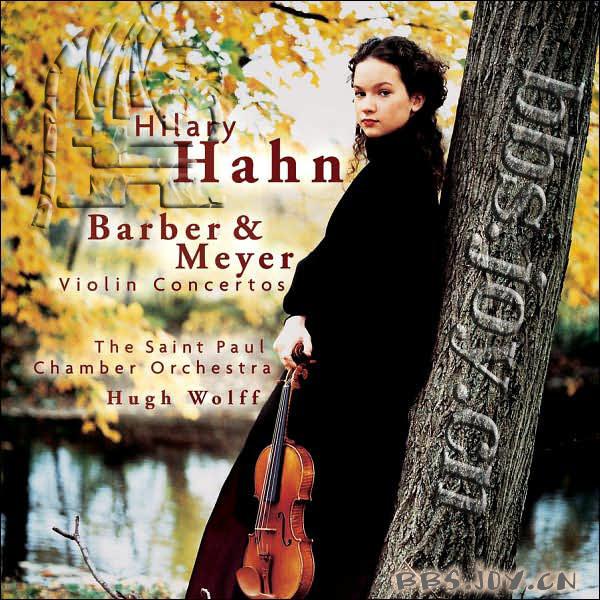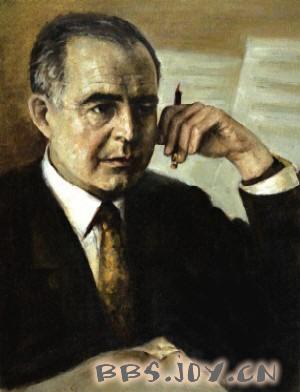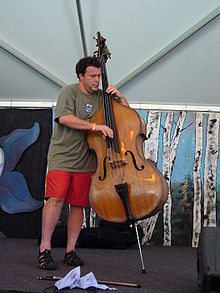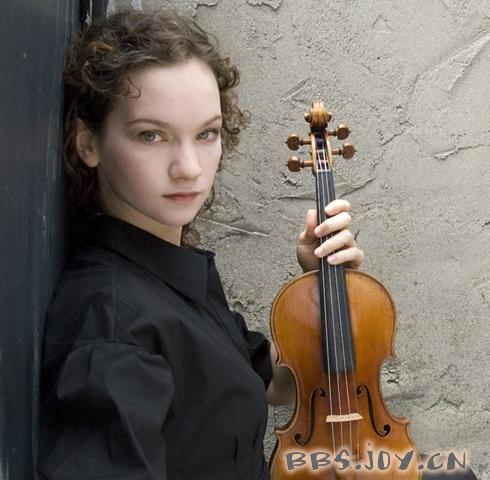激动社区 爱乐之城 · 聆听一辑西方古典西方古典-Mp3区(VIP) [16/4/2009]希拉里·哈恩:巴伯、迈耶小提琴协奏曲(CD → FLAC, 209M)

|
[16/4/2009]希拉里·哈恩:巴伯、迈耶小提琴协奏曲(CD → FLAC, 209M)
  sctiger 最后编辑于 2010-11-02 22:12:18 sctiger 最后编辑于 2010-11-02 22:12:18
|
||

|
|
- · [align=center] [table=98%,#fc9631][tr][td][table= ( sctiger 发表于 2009/4/16 19:34:00)
- · 谢谢分享,动人的音乐旋律! ( yhxnh 发表于 2009/4/16 20:44:00)
- · {8/54} {8/57} 希拉里·哈恩我喜欢,感谢楼主,辛苦了。{8/57} ( julist 发表于 2009/4/25 21:59:00)
- · {2/16} {2/16} 融化在动人的音乐中 谢谢分享 ( 恋之风景 发表于 2009/4/16 20:17:00)
- · 喜欢,谢谢!~ ( ok86260964 发表于 2009/7/7 21:17:00)
- · 美女天才小提琴家,谢谢虎兄{8/57} {8/57} ( kate 发表于 2009/4/16 20:56:00)
- · {8/13} 感謝華南虎啦! ( lkk001 发表于 2009/4/16 21:26:00)
- · 謝謝您的分享.希拉里·哈恩:巴伯、迈耶小提琴协奏曲,感激不盡. ( shenkuo 发表于 2009/4/16 21:31:00)
- · 谢谢分享。 ( duanzhixun 发表于 2009/4/16 21:56:00)
- · 多谢分享!!!{8/14} ( shensys 发表于 2009/4/16 22:42:00)
- · 謝謝虎兄 再次帶來 希拉里·哈恩 小提琴的演奏 還好激網沒關門 我們才有機會再聚 ( shipman2 发表于 2009/4/16 23:35:00)
- · thanksgiving ( freemanqifn 发表于 2009/4/16 23:36:00)
- · thanksgiving ( freemanqifn 发表于 2009/4/16 23:37:00)
- · 這張還沒聽過 謝謝分享{8/14} ( huashing 发表于 2009/4/17 7:37:00)
- · 谢谢分享 ( um5544338 发表于 2009/4/17 8:59:00)
- · 谢谢分享 ( eppemilu 发表于 2009/4/17 9:35:00)
- · {8/68} 再见着楼主精心的帖 真~~~好!! {8/54} {8/54} &am ( World 发表于 2009/4/17 11:06:00)
- · 巴伯和迈耶都是20世纪著名作曲家,其作品与19世纪那些大师们相比知名度、熟悉度可能要小些,但由美女小 ( gayangming 发表于 2009/4/17 14:15:00)
- · 喜欢,谢谢版主的音乐! ( taohan0103 发表于 2009/4/17 15:11:00)
- · 我想我Hilary Hahn的专辑,基本收藏全了…… ( wamozart 发表于 2009/4/17 21:10:00)
- · [quote] 原帖由 [b]wamozart[/b] 于 4/17/2009 9:10:00 PM ( sctiger 发表于 2009/4/18 0:50:00)
- · 谢谢楼主分享! ( Gulit 发表于 2009/4/17 22:35:00)
- · 谢谢分享!!! ( wuwo123 发表于 2009/4/17 23:11:00)
- · 感谢分享! ( chinaaster 发表于 2009/4/18 3:26:00)
- · 謝謝樓主分享 ( hdtv 发表于 2009/4/21 7:52:00)
- · 謝謝您的分享.希拉里·哈恩:巴伯、迈耶小提琴协奏曲 ,感激不盡. ( tonychoue 发表于 2009/4/22 7:26:00)
- · 不错{8/14} ( nf303 发表于 2009/4/24 8:05:00)
- · thanks u for common sharing ( qitesp 发表于 2009/4/24 17:41:00)
- · 您好,下载了可我解压提示失败。请您指教。谢谢!!{8/57} {8/54} ( julist 发表于 2009/4/25 22:44:00)
- · 楼主您好,很辛苦下了,可是无法解压,提示:文件名有错误。请您帮助。谢谢!! ( julist 发表于 2009/4/26 10:59:00)
- · [quote] 原帖由 [b]julist[/b] 于 2009-4-26 10:59:00 发表 ( sctiger 发表于 2009/4/27 12:18:00)
- · 希拉里·哈恩:巴伯、迈耶小提琴协奏曲 ( hnzxslzx 发表于 2009/4/27 7:55:00)
- · 谢谢南虎分享好音乐。 {8/54} ( zhg5050 发表于 2009/5/9 1:20:00)
- · I had been hoping for this one - wish fulfilled - ( djsdjspzp 发表于 2009/5/17 14:06:00)
- · 不错{8/14} ( nf303 发表于 2009/5/18 6:22:00)
- · 多谢分享 ( milan1990 发表于 2009/5/18 10:01:00)
- · 迈耶小提琴协奏曲的,没听过,收下谢谢! ( fengyun1123 发表于 2009/5/18 11:26:00)
- · 虎兄此帖中注有“此帖未经审核”,何意?{8/0} ( sishangyuan 发表于 2009/5/20 16:27:00)
- · [quote] 原帖由 [b]sishangyuan[/b] 于 2009-5-20 16:27:0 ( sctiger 发表于 2009/5/20 17:24:00)
- · 谢谢分享,太动人了! ( jmzxc 发表于 2009/6/10 11:47:00)
- · 融化在动人的音乐中 谢谢分享 ( music_bbs 发表于 2009/7/8 8:57:00)
- · 希拉里·哈恩 的演奏非常好听 ( ningxiangxue 发表于 2009/7/8 21:21:00)
- · 支持!!!!支持!!!! ( wobuzhidao10 发表于 2009/7/8 22:03:00)
- · Thank you for your sharing. ( lindo_li 发表于 2009/7/12 8:54:00)
- · {8/12} {8/12} {8/13} ( maple102 发表于 2009/7/22 9:03:00)
- · 谢谢分享 ( zhao_hongkun 发表于 2009/7/22 11:43:00)
- · 美女天才小提琴家 ( sherry2008 发表于 2009/7/22 15:26:00)
- · {7/17} 多谢虎兄 ( gz4xxmb 发表于 2009/11/13 23:00:00)
- · 美女天才小提琴家 ( daguansheji 发表于 2009/11/15 11:42:00)
- · Very dedicated Music! ( coolpizza 发表于 2009/11/24 9:59:00)
- · 融化在动人的音乐中 ( commandos 发表于 2009/11/24 11:06:00)
- · 不错{8/14} ( nf303 发表于 2009/11/27 13:31:00)
- · 伯、迈耶小提琴协奏曲 ( date1121 发表于 2009/11/27 22:11:00)
- · {8/72} {8/70} ( msart 发表于 2009/11/28 13:13:00)
- · 谢谢分享! ( zhiyizhi 发表于 2009/12/11 9:35:00)
- · THKS FOR SHARING ( suiliang 发表于 2010/1/15 20:13:00)
- · 謝謝虎兄 ( datoulee 发表于 2010/2/12 14:17:00)
- · 谢谢分享 ( 音乐之旅888 发表于 2010/3/7 16:51:00)
- · 年轻的大师 ( luanshiyao 发表于 2010/3/25 20:18:00)
- · 感谢分享! ( nkcheung 发表于 2010/3/25 21:44:00)
- · 听过巴伯的柔版,没听过他的小提琴协奏曲。听一下。谢谢! ( lc5424 发表于 2010/3/28 16:40:00)
- · 谢谢分享!!!!!!!!!!! ( k_8858 发表于 2010/3/29 23:23:00)
- · 奇才哈恩!欣赏!谢谢分享! ( llwt2008 发表于 2010/4/20 8:54:00)
- · 谢谢分享!!! ( mian87 发表于 2010/5/7 13:35:00)
- · 感谢分享! ( cctom 发表于 2010/11/15 22:40:00)
- · 谢谢分享,动人的音乐旋律! ( saga2008 发表于 2010/11/16 13:59:00)
- · 谢谢分享 ( gfong 发表于 2010/11/19 23:44:00)
- · {8/57} 謝謝版主 奉献 希拉里·哈恩 小提琴的演奏 ( sunjp62 发表于 2010/12/16 9:06:00)
- · 感人的音乐,谢谢分享。 ( ennrich 发表于 2010/12/17 10:00:00)
- · 谢谢分享巴伯、迈耶小提琴协奏曲 ( hkpzp 发表于 2011/1/23 14:51:00)
- · 希拉里·哈恩-小提琴新锐的诠释《巴伯、迈耶小提琴协奏曲》太值得收藏了。 ( laohan9 发表于 2011/2/20 15:55:00)
- · {8/18} 那么好的碟,稀饭 ( achim 发表于 2011/4/1 12:43:00)
- · 谢谢分享!希拉里·哈恩作品 ( haofu 发表于 2022/10/6 18:02:00)
- · 謝謝您的分享.希拉里·哈恩:巴伯、迈耶小提琴协奏曲 ( haofu 发表于 2022/10/6 18:14:00)
- · 谢谢楼主分享!好听~~~{8/13} ( ymnl 发表于 2022/10/13 8:26:00)
Copyright @ 2004-2025 www.52jdyy.com 激动社区 - 陪你一起慢慢变老!


 sctiger
sctiger








